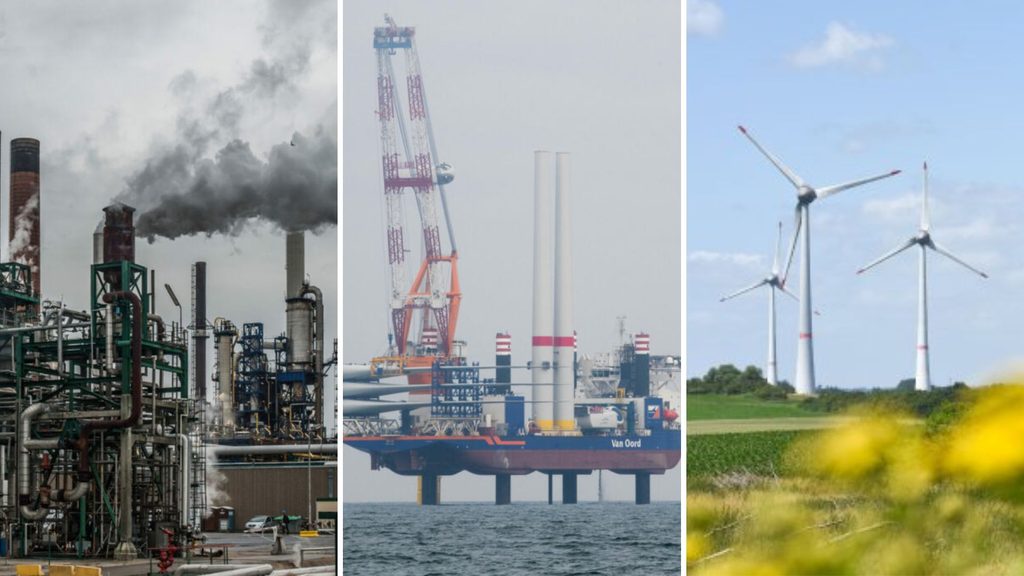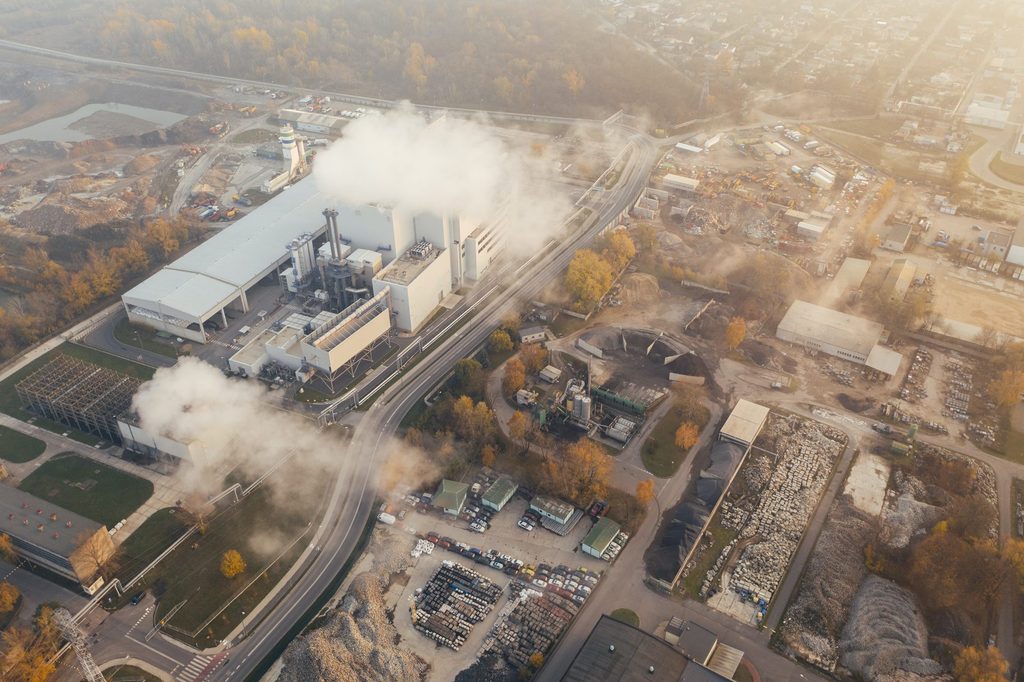The economic cooldown that came with the double blow of the pandemic and then soaring energy prices has changed Europe forever, etched not only on the collective psyche but giving policymakers the chance to set in motion projects that seek to align the uneasy bedfellows of industry and the environment.
The window of opportunity that these events provided has been portrayed as too good to let pass – the moment for a great reset (use term with caution) that could be the decisive step towards sustainability that would save economies... and the planet. But what looks good on the tin is far more complex when opened up.
Once prosperous industries closed and were outsourced long before Covid-19 arrived and the continent is dotted with the shells of now-defunct mills, mines and metalworks. In the face of lower labour costs and lax environmental regulations overseas, Europe could hardly compete and often showed little desire to try.
So warnings that deindustrialization might be irreversible may not garner much surprise. If the cogs of globalisation are left to turn unimpeded then this might not even be such an issue, viewed through the macro lens. But the exigencies of climate breakdown and advantages of energy sovereignty to withstand geopolitical shocks now make an undeniable case for bringing industry back "in-house".
Belgium is already laying the foundations of an industrial sector capable of reinvigorating local economies and bringing down greenhouse gas emissions. But to flourish these infrastructure investments will need to be nurtured through subsidies – possibly similar to those the United States has introduced to the profound concern of EU legislators.
Though traditional industries have been superseded largely by services, Europe has the ability to realise a resilient economy for the future with flagship policies such as Fit for 55 central to this. Also key will be preventing "carbon leakage", where polluting processes take place elsewhere in order to keep down emissions on EU territory.
If handled sensibly, this would revive activities closer to home, where they can be performed more responsibly and bring expertise and innovation nearer. But analysts caution that this will require an EU-wide commitment to avoid good intentions being undermined by outdated practices reaping mega-profits.
Belgium in Brief is a free daily roundup of the top stories to get you through your coffee break conversations. To receive it straight to your inbox every day, sign up below:
1. Ryanair pilot strike: 28 flights cancelled at Charleroi Airport on Saturday
Several flights to and from Charleroi Airport will be cancelled this weekend (29 and 30 July) as a result of the Ryanair pilot strike, which comes just two weeks after the last action. Read more.
2. European industry may be in 'irreversible' decline, experts warn
The Federal Government was unable to reach an agreement on tax reform after discussions on the topic became ensnared with disagreement among the governing parties. Read more.
3. Surrendered guns are piling up at Belgian police stations
The stocks of firearms voluntarily surrendered to the police by the general public are building up, with the police ultimately unable to dispose of the weapons. Read more.
4. Energy operator calls to raise electricity bills to fund grid investments
In the report of its half-year results, Belgian high-voltage operator Elia has once again reiterated the importance of higher grid tariffs to fund infrastructure investments. Read more.
5. Seven in ten Belgian SMEs oppose further scaling-back of sick note
Seven in ten Belgian SMEs (small or medium-sized enterprises) are not in favour of moves to reduce the need for sick notes to justify employee time off work, according to research by human resource company SD Worx. Read more.
6. Le Chou: ‘X’ Twitter Rebrand Details REVEALED
Le Chou is Europe's most dedicated source of news. Catch up weekly on the biggest headlines with our roundup, all with an intentionally inaccurate and satirical streak. Follow live updates on Twitter and watch Le Chou TV on Instagram. Read more.
7. Hidden Belgium: Paul Otlet Mansion
The Brussels town house at Rue de Florence 13 has a secret history that almost no one knows about. It was built from 1894 to 1898 by the architect Octave van Rysselberghe in the new and fashionable art nouveau style. The street names Florence and Livourne are carved into the stonework in elegant lettering. Read more.


